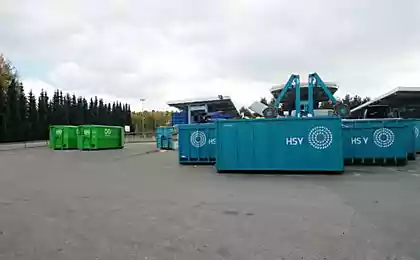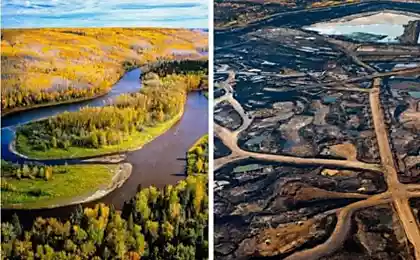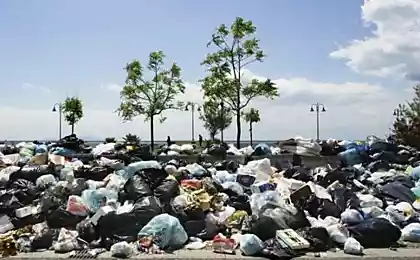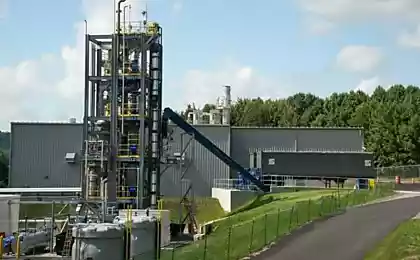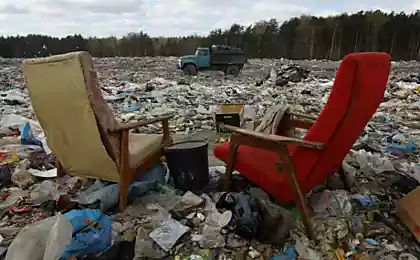224
In Canada, opened the world’s first plant for recycling waste into biofuel
Transformation of waste into biofuel
The Canadian city of Edmonton has just celebrated the opening of the world’s first waste-to-biofuel facility. This can radically change the situation with the huge landfills of garbage that arise in the course of everyday life.
Transformation of waste into biofuel
The Edmonton plant for recycling waste into biofuels and chemicals officially opened its doors last week. According to experts, the plant will be able to recycle up to 90% of the waste of the city landfill. The main biofuel produced at the plant will be methanol, which can be used as an additive to gasoline and to produce chemical products such as windscreen washing liquid.
Transformation of waste into biofuel
Quebec-based firm Enerkem received a $60 million financial grant in 2011 to build a plant that could recycle a variety of household waste that could not previously be recycled, as well as plastic products, wood, shingles and more. The Edmonton Journal reports that only 10 percent of the waste that will be transported to the plant from around the city (such as metal, ceramics and glass) cannot be turned into biofuels, and will eventually end up in landfill. The cost of disposing of waste under the new system will be no more than the old ones, the city will pay $75 per ton of garbage under the new system, compared to $70 per ton of garbage before, but it will start producing energy.
Transformation of waste into biofuel
This is not the first environmental plant in Edmonton. At the Edmonton Waste Management Center, a unique selection of modern waste processing and research institutions was created, which also includes enterprises for composting, material recovery, e-waste disposal, construction waste recovery, paper and landfill gas processing.
Edmonton Mayor Don Iveson said the world should look up to his city and he is proud of how the city handles waste, especially given the reputation of Northern Alberta, which is home to huge deposits of bitumen sands, the development of which is harmful to the environment.
Source: www.ecobyt.ru/
In new York launched a unique campaign to exchange plastic cups
The electric scooter is the future of roads









